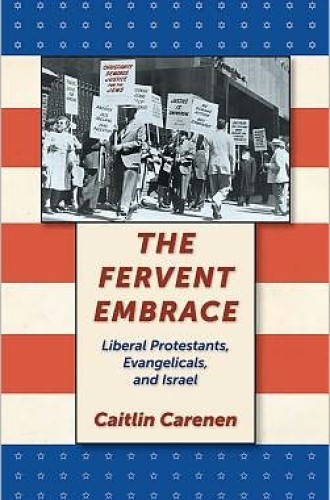Israel’s Protestant friends
On a warm summer day in Bay City, Michigan, my mother summoned me from a neighborhood baseball game to the front door of the forlorn parsonage on South DeWitt Street. “This is it,” she said urgently. It was June 1967, and Israel had just taken the ancient city of Jerusalem, including the Wailing Wall. My father, an evangelical minister, preached on the book of Revelation more than any other text, especially in his Sunday evening sermons, so I understood the stakes. If the Six-Day War did indeed signal the end-times, as my mother fervently believed, Jesus would return to collect the faithful in an event we called the Rapture, and the apocalyptic prophecies outlined in Revelation would unfold in rapid succession.
Although my mother now denies the incident (and I here duly record her dissent), the exchange is seared in my memory. Even at 12 years old, I understood the significance of Israel to the end-times. The formation of the state of Israel in 1948 had been a direct fulfillment of biblical prophecy, and Israel’s military success in 1967 made Israeli borders almost coterminous to those on the maps in the back of my King James Bible.
The Six-Day War, as Caitlin Carenen argues in The Fervent Embrace: Liberal Protestants, Evangelicals, and Israel, represented a turning point in American Protestant views of Israel. Before World War II, Americans were largely indifferent to the plight of Jews; editors of the Christian Century even encouraged Jews to celebrate Christmas. But the horrors of the Holocaust prompted a rethinking on the part of both mainline and evangelical Protestants. The former, motivated by humanitarian concerns, lobbied the government for sympathetic policies toward the Jews. When Israel declared itself a state on May 14, 1948, President Harry Truman extended diplomatic recognition within minutes.





